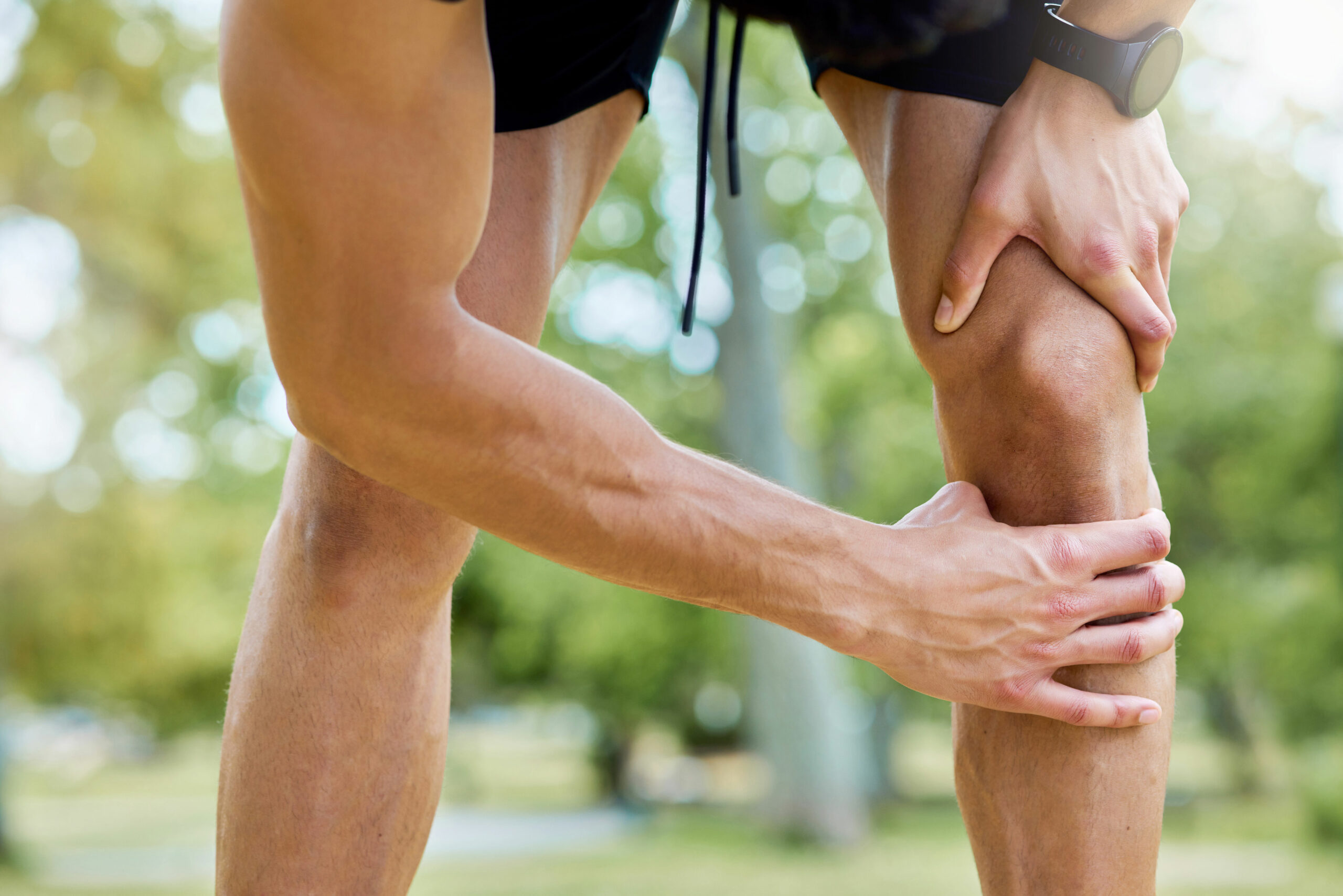Running is an excellent form of exercise that offers numerous health benefits, from improving cardiovascular fitness to boosting mental well-being. However, knee pain can be a frustrating and persistent issue for many runners. So, what can you do about it?
Well, your Spring Hill chiropractor is here to help. In this article, we break down what causes knee pain while running and what you can do about it.
What Causes Knee Pain When Running?
Several factors can contribute to knee pain during or after running, including:
- Runner’s Knee (patellofemoral pain syndrome): This is a common condition characterized by pain around or behind the kneecap. It’s often caused by overuse, muscle imbalances, or poor running form.
- Iliotibial (IT) Band Syndrome: The IT band is a thick band of tissue that runs from the hip to the knee. When it becomes tight or inflamed, it can cause pain on the outside of the knee.
- Patellar Tendinitis: Also known as “jumper’s knee,” this condition involves inflammation of the tendon connecting the kneecap to the shinbone.
- Meniscus Tears: The meniscus is cartilage that acts as a shock absorber in your knee. Tears can occur due to sudden twisting movements or gradual wear and tear.
- Improper Running Form: Poor running mechanics can put excessive stress on the knees, leading to pain and potential injury.
- Overtraining: Increasing mileage or intensity too quickly can overload the knees and lead to pain.
- Inadequate Footwear: Wearing shoes that don’t provide proper support or are worn out can contribute to knee pain.
- Muscle Imbalances: Weakness or tightness in the muscles surrounding the knee, particularly the quadriceps and hamstrings, can lead to improper knee alignment and pain.
Treatment for Knee Pain
If you’re experiencing knee pain when running, several treatment options are available. Some at-home remedies include:
- Taking time for rest and ice: Giving your knees a break from high-impact activities and applying ice can help reduce inflammation and pain.
- Opting for new footwear: Ensuring you have the right running shoes for your foot type and gait can significantly reduce knee stress.
- Gradually increasing your distance, pace, or frequency: The body needs time to adapt so making sure you gradually increase these factors is key to avoid injury.
- Taking over-the-counter pain medications: When pain hits, these can temporarily help alleviate inflammation and pain. However, it’s important not to take these medications long-term due to negative health repercussions.
While all these at-home approaches can benefit, chiropractic care offers a unique, holistic approach to treating knee pain. By focusing on the entire musculoskeletal system rather than just the site of pain, chiropractors can help identify and address underlying issues that may be contributing to your knee pain.
For instance, your Spring Hill chiropractor can comprehensively assess your running gait, posture, and overall biomechanics to develop a personalized treatment plan. This may include spinal adjustments, which can improve overall body alignment and reduce stress on the knees. Additionally, they can provide valuable advice on proper running techniques to help you achieve your goals.
With the Premier Chiropractic team, we can work toward your goals and say goodbye to pain for good. Book your appointment today!






